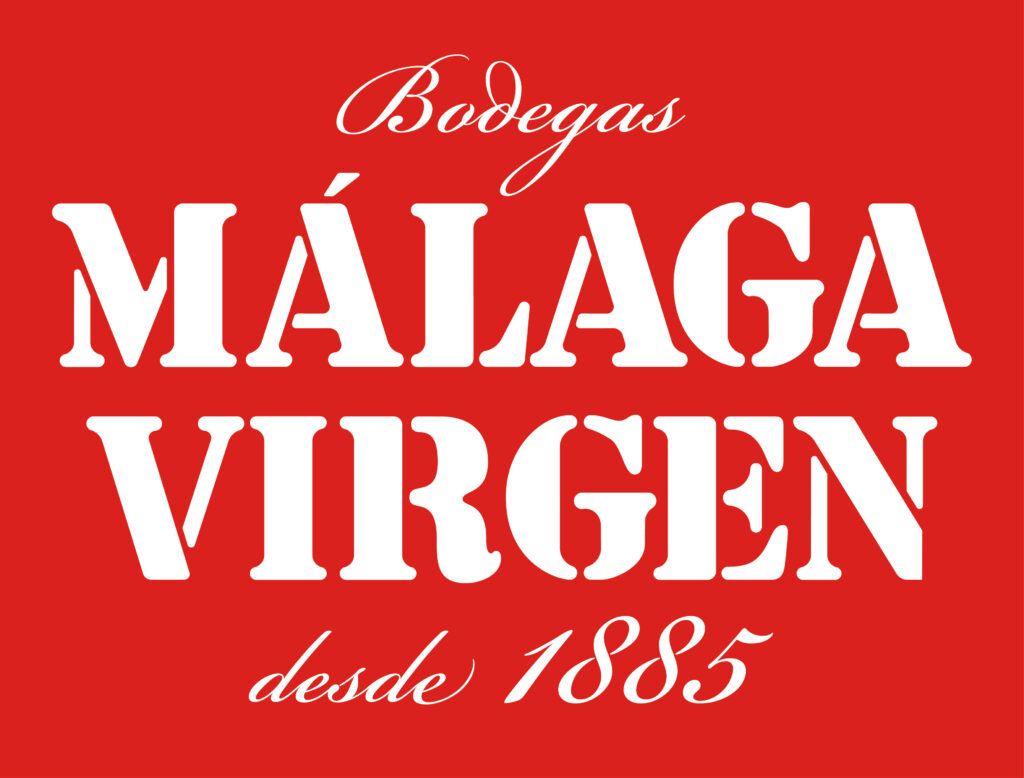It is a feasible objective due to world trade perspectives, according to the Spanish Wine Market Observatory (OeMv). Currently, Spanish foreign sales reach 2.7 billion euros.
The wine sector sets the goal of doubling the value of exports by 2025, to exceed 5,000 million euros in that year, compared to 2,700 million currently achieved by Spanish wineries.
This was explained by the director of the OeMv, Rafael del Rey, during his speech on the “Present and future of Spanish wine in international markets” conference, organized in Madrid by this Observatory, the ICEX and the Spanish employers’ association of FEV wineries.
The objective is feasible because, according to a study of the OeMv, «being realistic» the world market for 2025 will have exports of 45,000 million euros (136.5 million hectoliters).
Spain, on the other hand, could grow by 6% per year (compared to the current 4.9%), up to 4.7 billion euros (with 32 million hl, compared to 22.5 million hl today).
Spain was the world leader in the export of wine by volume in 2016. In value it was in third place, behind France and Italy.
In this scenario, Spain would approach Italy in export of wines in value, although France would still be far away, since it has high-value references such as champagne, burgundy, burgundy and the Loire Valley, as recalled by Del Rey.
Global picture
On the global trend, it has pointed towards a balance between supply and demand; the bipolarization by price in the type of wines that are consumed and the delocalisation of consumption, since the European Union (EU) falls year after year, while Asia (with China leading), North America (USA, Canada and Mexico) e even «there are extraordinary opportunities» in the southern hemisphere and Africa.
Spain was the world leader in exported volume in 2016, but in value it was in third place, after France and Italy; It remains ahead of Chile, Australia, USA, New Zealand, Germany, Portugal, Argentina or South Africa.
Experts have agreed that the Spanish challenge is to increase the volume of “premium” wines, transfer bulk sales to packaging and market bulk goods of greater value.
In his opinion, wineries should take advantage of the possibilities offered by tourism, gastronomy and online sales and the strength of large e-commerce platforms such as Amazon or Alibaba.
Promotion aids
From the Ministry of Agriculture and Fisheries, Food and Environment, María Navarro has analyzed the evolution of the community regulation measure of the promotional wine market in third countries, a tool that helps companies to open markets in the US, China , Mexico, Canada, Switzerland, Japan, Brazil, Russia, Colombia or South Korea.
In 2016, the execution of these programs amounted to 93 million, half contributed by companies and the rest, about 45.6 million, with EU aid.
Catalonia -which executes 34% of the programs throughout Spain-, the Basque Country, Castilla y León and Rioja lead the total budget, according to Navarro.
The average expenditure per program in Spain was 115,000 euros, half co-financed with the Community Feaga funds.
The general director of the ICEX, Javier Serra, has advocated to gain value for the wine and, in this sense, believes that the category of qualified “cava de paraje” or the new classification of DOCa Rioja are going in the right direction, because “ they can help improve the perception of quality wines in Spain by the international public ”.
Serra has also encouraged wineries to participate in the Amazon wine store, which ICEX supports, to approach consumers in the United Kingdom and Germany in a first phase, and then progressively reach the rest of international markets.
The representative of AgroBank (CaixaBank), Sergi Periago, has highlighted the potential of central and eastern Europe for wine exports, as they are countries that grow above average and converge with more developed destinations.
Periago points to the Czech Republic, Slovakia, Austria, Hungary, Croatia, Serbia or Romania, although Spain must compete with local productions in some cases, with imports from Italy or France, and with large beer consumption.
Since the FEV, Elena Cifuentes has addressed obstacles or barriers to trade in some countries, such as taxes other than imported products, bureaucratic norms – registrations and certificates -, analytical standards or additive limits.
Source: EFE Agro Agency
http://www.efeagro.com/
